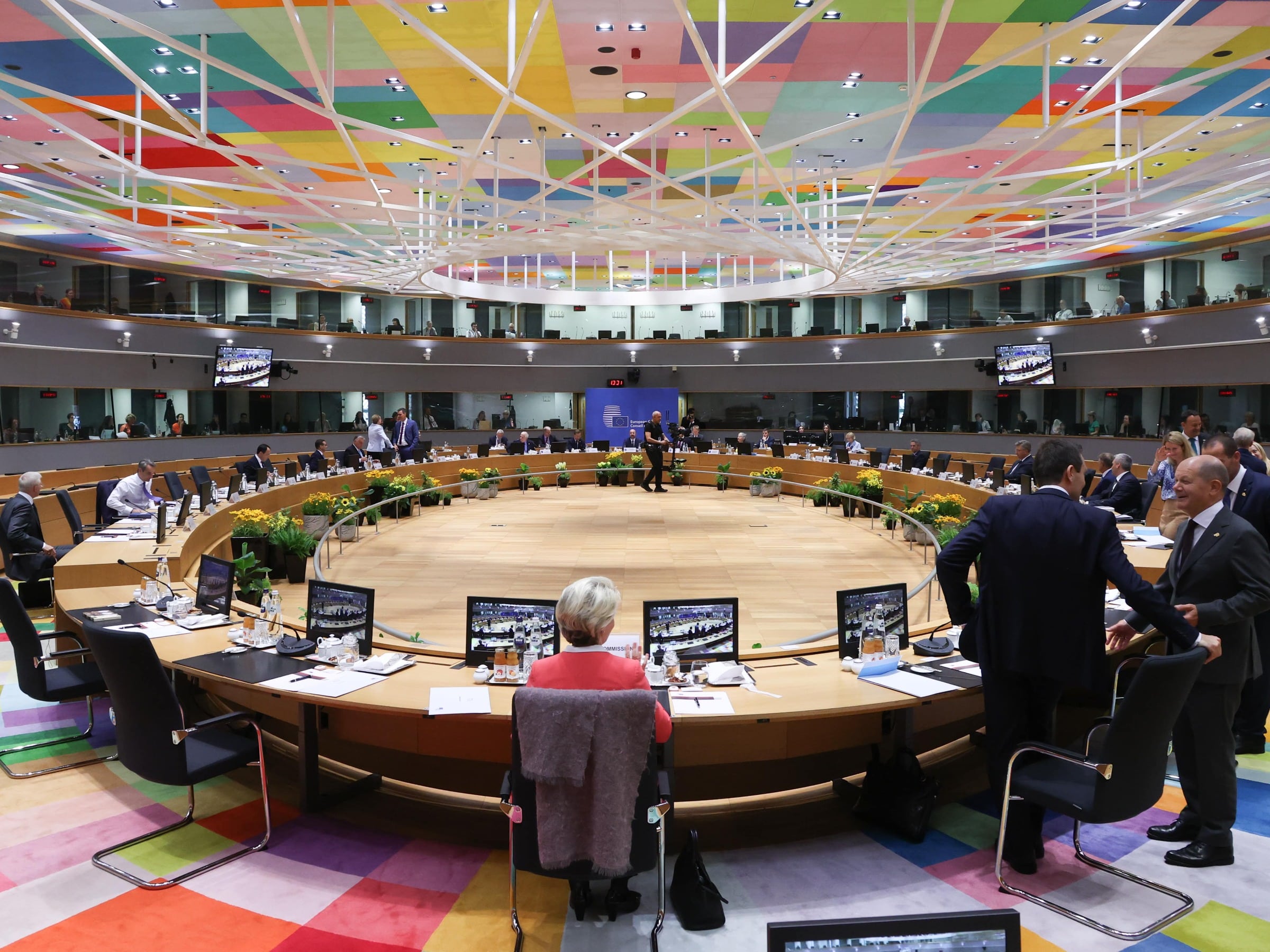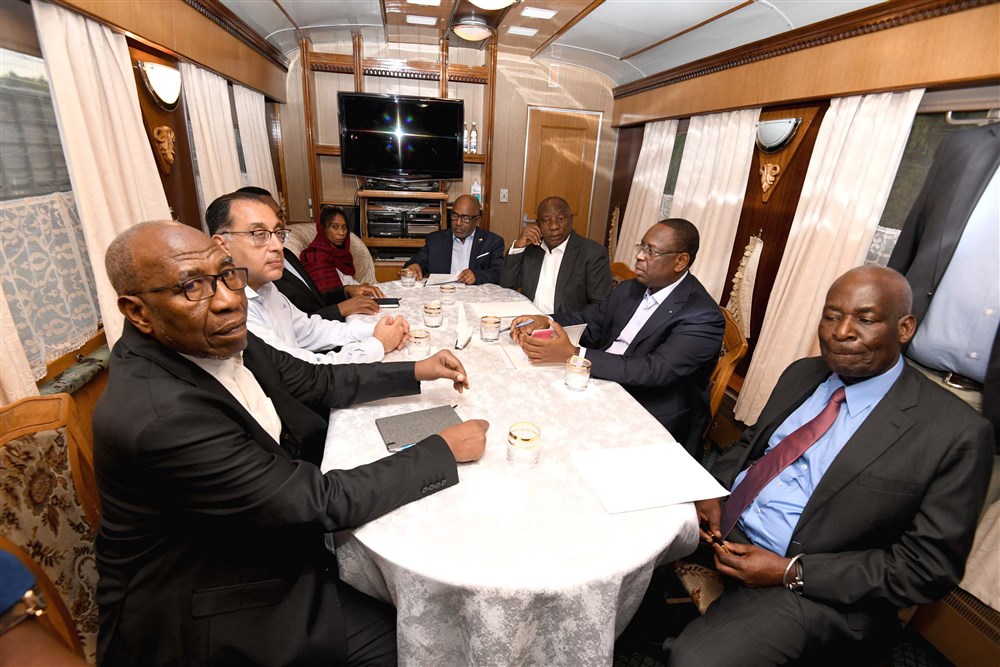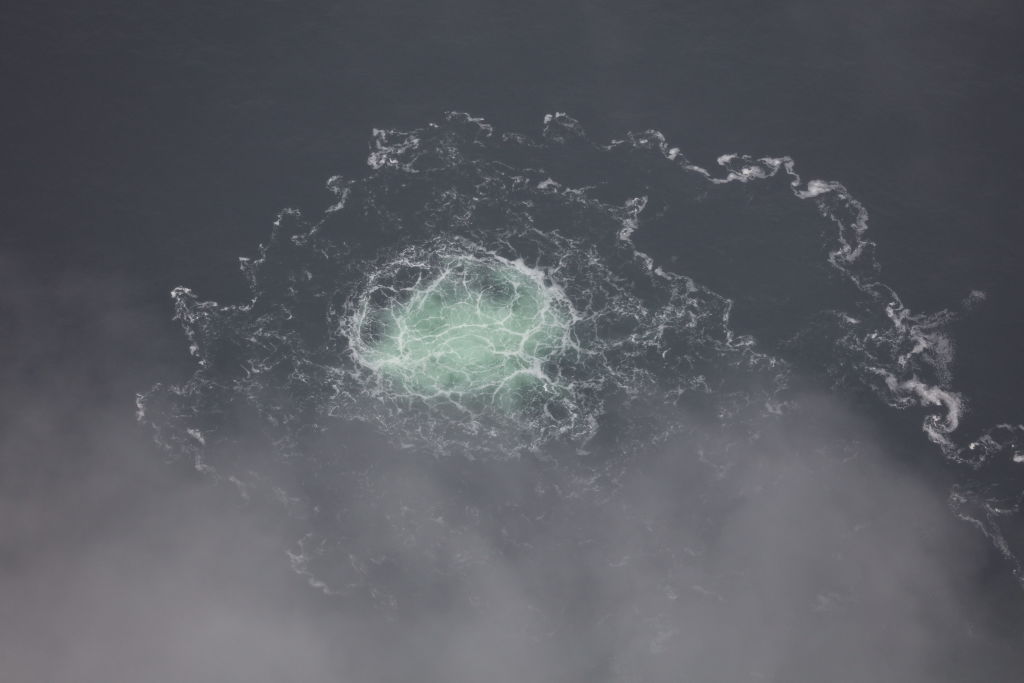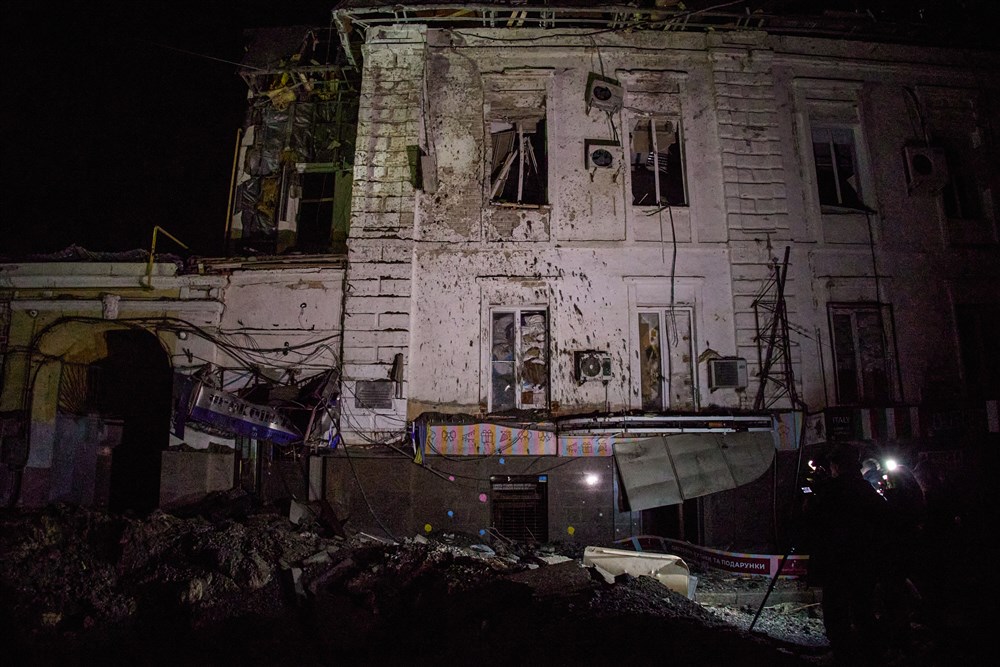The European Council and European Parliament have struck a €500 million deal to ramp-up the production of ammunition for Ukraine and replenish Member States’ own supplies: the Act in Support of Ammunition Production (ASAP).
“This is yet another proof of the European Union’s unwavering commitment to supporting Ukraine, strengthening the EU’s defence, technological and industrial base, and ultimately ensuring the long-term security and defence of EU citizens,” said Spanish defence minister Margarita Robles. Spain currently holds the EU presidency.
The money will mark the third plank of the plan agreed by the Council in March to secure a long-term increase in European ammunition production to aid Ukraine.
The agreement introduces an instrument through which the EU will financially support the reinforcement of its industrial production capacities for ammunition and missiles. Financial support will come in the form of grants to various initiatives designed to enable the European defence industry to boost production and tackle already-identified bottlenecks.
We did it. ASAP.
Proud of the swift agreement between @Europarl_EN and @EUCouncil to boost the production of ammunition with €500 million.
We will speed delivery to Ukraine & refill our stocks.
Our support to Ukraine is unabating. For as long as it takes.#SlavaUkraini ????
— Roberta Metsola (@EP_President) July 7, 2023
The deal is good news for Ukraine, which has been outgunned by Russia since the beginning of the invasion. While the Ukrainians are trying to execute a hard-fought counteroffensive, the US Government has indicated it intends to send so-called “cluster ammunition” to Kyiv.
Such armoury is a form of air-dropped or ground-launched explosive weapon that releases or ejects smaller bombs designed to kill people and destroy vehicles. They are prohibited for countries that ratified the Convention on Cluster Munitions.
To date, a total of 123 nations have joined the Convention but the United States, Russia and Ukraine are among those that have not.
“I would note that the Russians have already been employing cluster munitions on the battlefield, many of which included very high dud-rate, reportedly,” Brigadier General Patrick Ryder, the Pentagon Press Secretary, told US media on July 6.
The news that the US may supply cluster munitions has alarmed humanitarian groups including Human Rights Watch. The NGO points out such weapons also cause many civilian deaths and serious injuries. “Both sides should immediately stop using them and not try to get more of these indiscriminate weapons,” said Mary Wareham, acting arms director at Human Rights Watch.
Russia’s extensive use of cluster munitions in Ukraine has caused civilian harm & suffering. New @hrw research shows how Ukraine's use of these weapons has also caused civilian deaths & serious injuries – see: https://t.co/eN3E8xTJaZ pic.twitter.com/9YNUZqxOTM
— Mary Wareham (@marywareham) July 6, 2023
Regarding the war with Russia, Ukrainian President Volodymyr Zelenskyy said his troops have gained the initiative at the battle front and are moving forward, though progress has been slow.
“As for the counteroffensive, we are advancing. We have the initiative now. The offensive is not fast, that is a fact,” Zelensky said at a joint press conference with President of the Czech Republic Petr Pavel in Prague on Thursday.
“But, nevertheless, we are moving forward and not moving backwards like the Russians. Therefore, I see this as a positive,” Zelensky added.
In a separate meeting in the Bulgarian capital Sofia, the Ukraine President met with Bulgaria’s pro-Russia President Rumen Radev. It was a highly tense affair and Radev accused Zelensky of not looking for a diplomatic solution with Moscow, adding that for that reason, he was opposed sending more weapons to Ukraine. An outraged Zelensky responded with obvious anger, visibly flustering Radev, who ordered gathered TV press crews to leave the meeting.
Zelensky visited Bulgaria and the Czech Republic to discuss military aid and to garner assurances of support for Ukraine’s entry into NATO after the war with Russia is over.
Ahead of a major NATO summit in Vilnius, Lithuania, next week, the presidents of countries that make up an informal group known as the Bucharest Nine – nations in the easternmost parts of the NATO alliance – had voiced their support in June for Ukraine’s eventual membership “once conditions allow”.
The Bucharest Nine are Bulgaria, the Czech Republic, Estonia, Hungary, Latvia, Lithuania, Poland, Romania and Slovakia.





